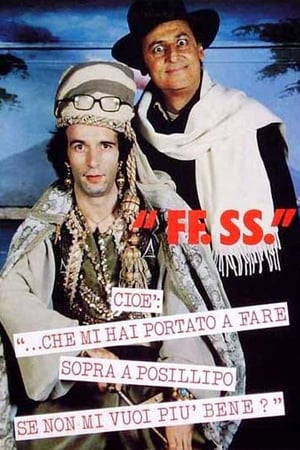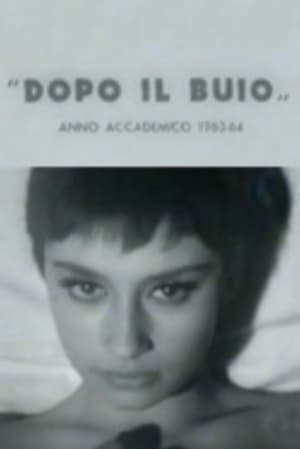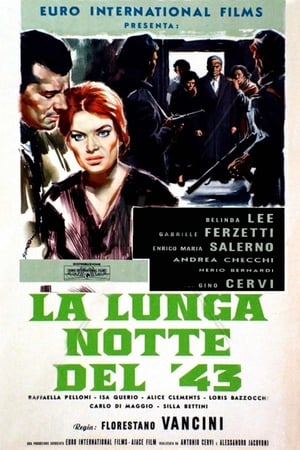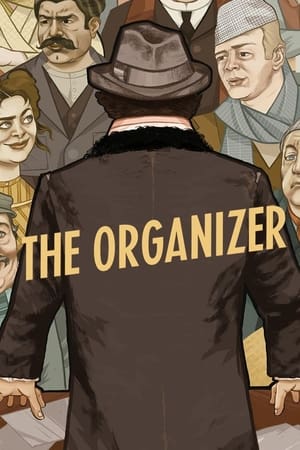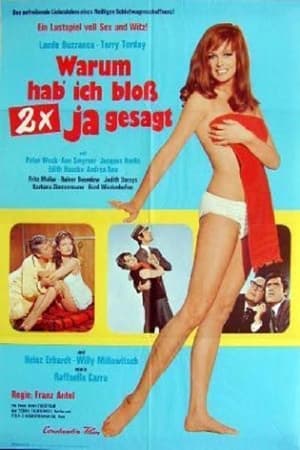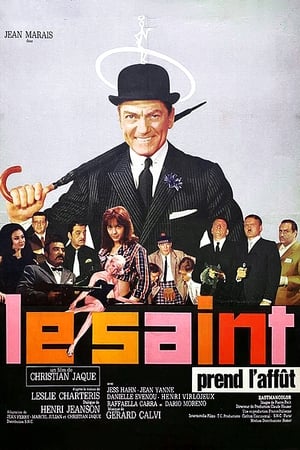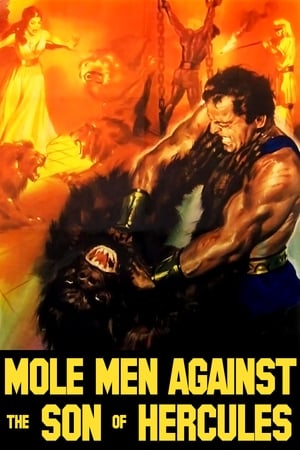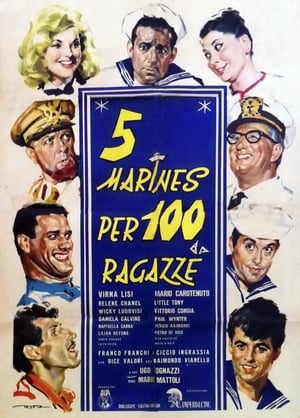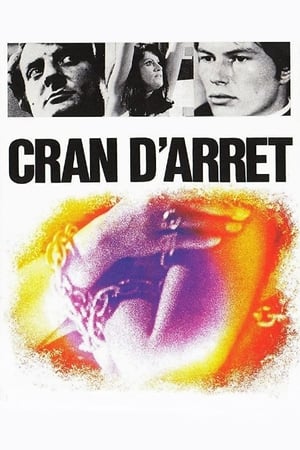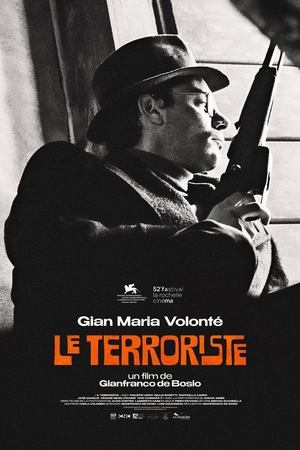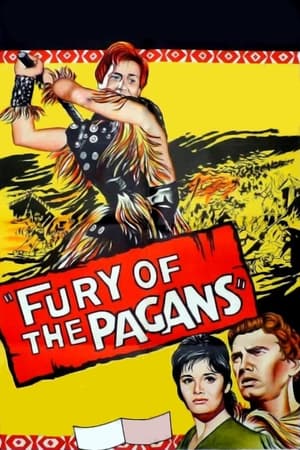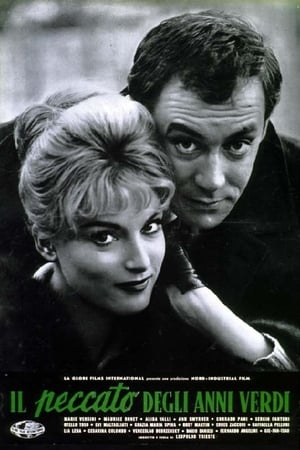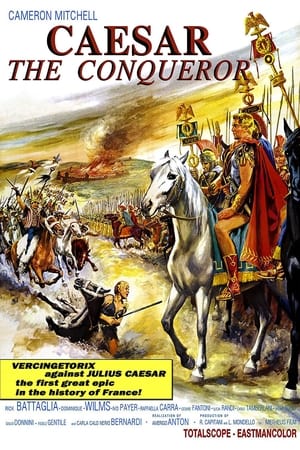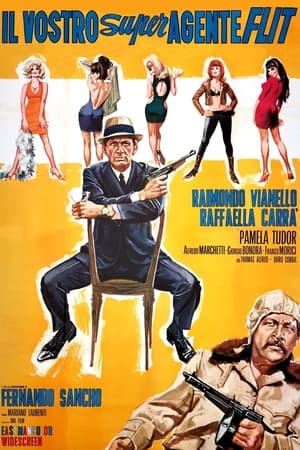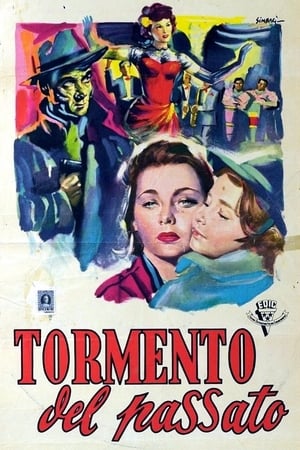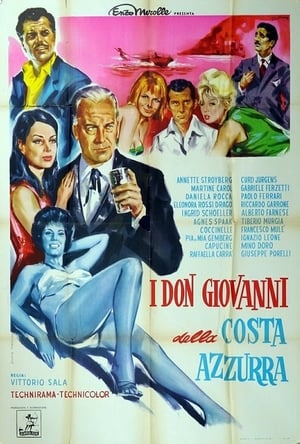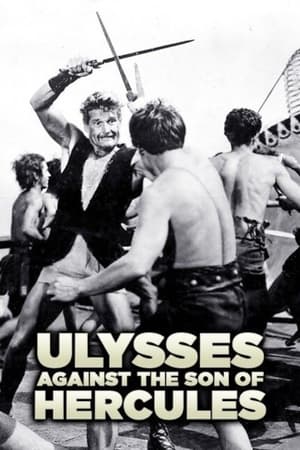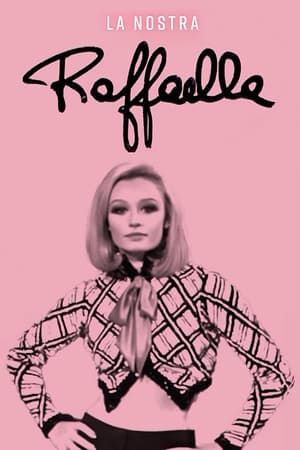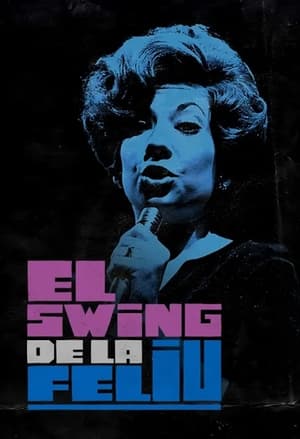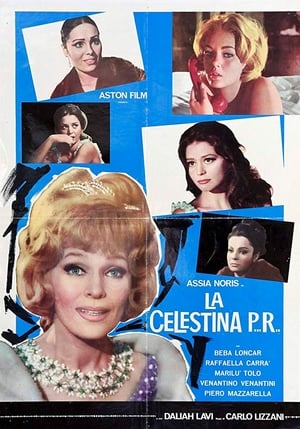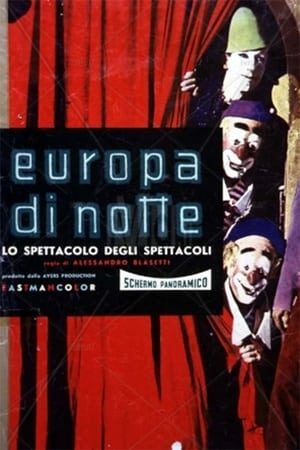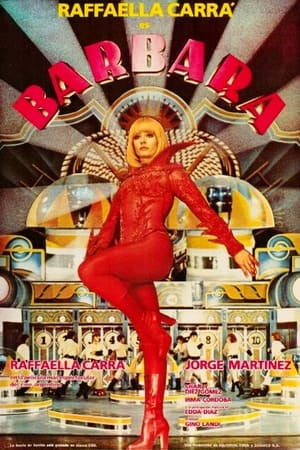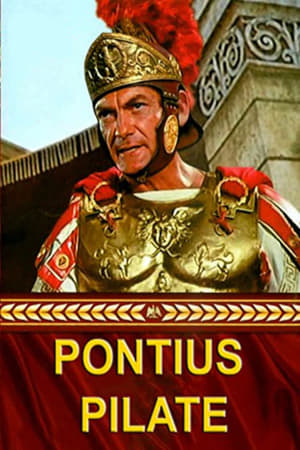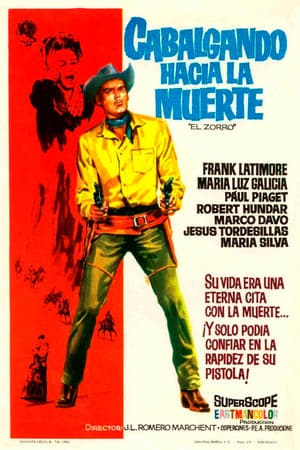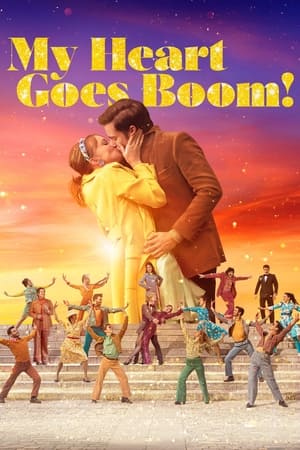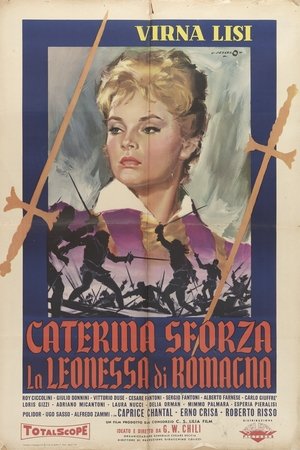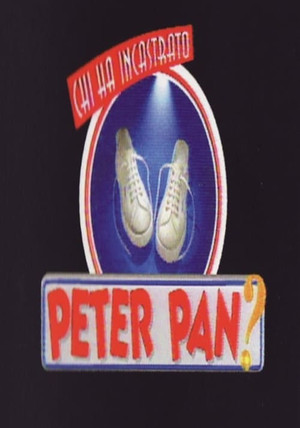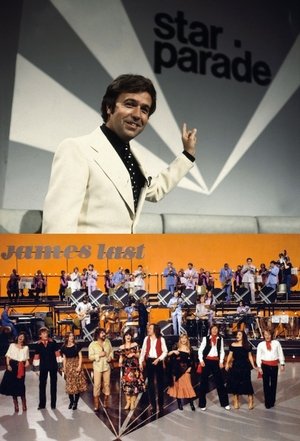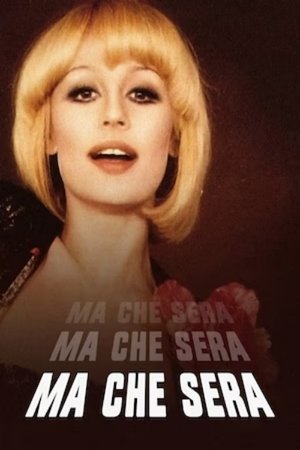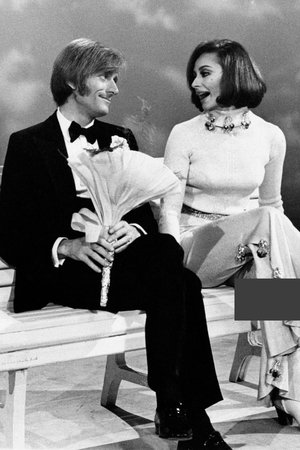Biography
Raffaella Maria Roberta Pelloni (18 June 1943 – 5 July 2021), better known as Raffaella Carrà (Italian: [raffaˈɛlla karˈra]), was an Italian singer, dancer, television presenter, and actress. She was a popular figure in Europe and Latin America, both as a result of her many well-known taped presentations and records, and because of her many popular TV shows. Carrà is widely regarded as a gay icon.
Carrà debuted in cinema at age nine, in Tormento del passato (1952). She made five other movies before 1960 when she graduated from the national film school of Italy. The same year she appeared in Long Night in 1943, and went on to appear in many Italian peplum films, including Fury of the Pagans (1960), Atlas in the Land of the Cyclops (1961), Mole Men Against the Son of Hercules (1961), Ulysses Against the Son of Hercules (1962), Pontius Pilate (1962) and Caesar the Conqueror (1962), as well as comedies and action films such as 5 marines per 100 ragazze (1961), The Terrorist (1963), The Organizer (1963) and La Celestina P... R... (1965).
In 1965, she moved to the United States signing with 20th Century Fox. As Carrà, she starred in the motion picture Von Ryan's Express (1965) with Frank Sinatra, Edward Mulhare, and Trevor Howard. In 1966, she guest starred in an episode of the American television series I Spy (Sophia, as the title character). Feeling homesick, she decided to return to Italy where she starred in several Italian and French films such as Le Saint prend l'affût (1966), the Our Man Flint parody Il vostro super agente Flit (1966), Why Did I Ever Say Yes Twice? (1969) and Cran d'arrêt (1970), as well as a few television shows. However, subsequently her acting career has been scarce with no more than five works mainly for television.
From Wikipedia, the free encyclopedia


